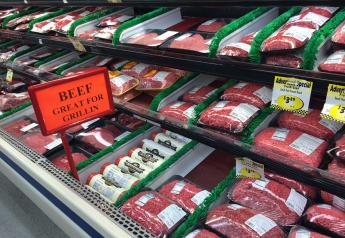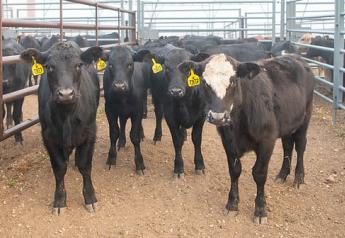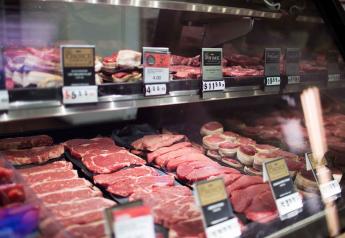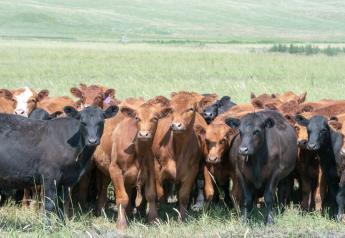Legislation Introduced to Expand Local Meat Processing
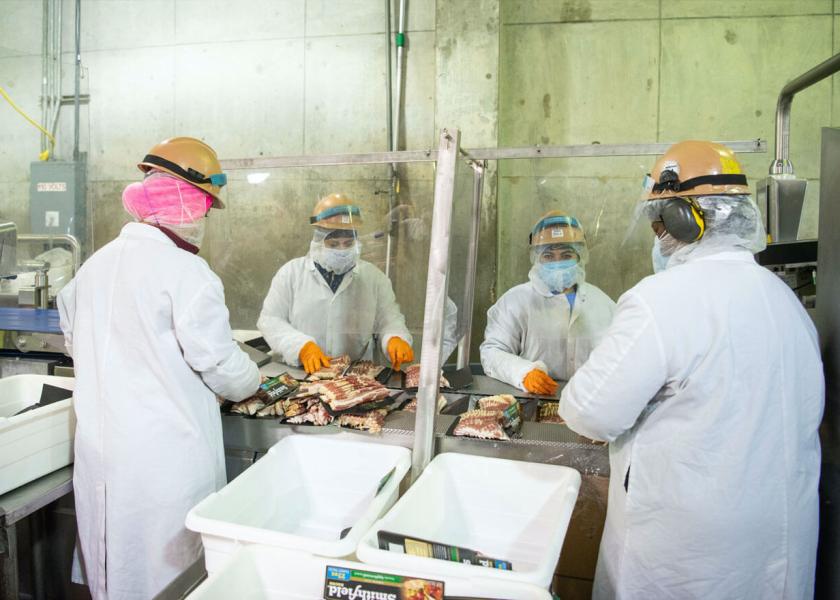
On Tuesday, February 23, Congresswoman Chellie Pingree (D-Maine) and Congressman Jeff Fortenberry (R-Neb.), joined by Senators John Thune (R-S.D.), Jeff Merkley (D-Ore.) introduced bipartisan, bicameral legislation to support small meat and poultry processors.
The Strengthening Local Processing Act will increase options for local livestock and poultry producers and assist smaller facilities as they adapt to the COVID-19 pandemic and expand to meet consumer demand. The legislation is also cosponsored by Rep. Ann McLane Kuster (D-N.H.) and Senators Susan Collins (R-Maine), Angus King (I-Maine), Mike Rounds (R-S.D.), Tina Smith (D-Minn.), Bob Casey (D-Penn.), and Kevin Cramer (R-N.D.).
United States Cattlemen’s Association (USCA) Vice President Justin Tupper of South Dakota issued the following statement:
“The United States Cattlemen’s Association appreciates the leadership of Senator Thune in advancing this legislation to support our independent meat processing sector. Local and regional meat processors are critical in securing our nation’s food supply, and by offering this technical and financial assistance, we can better help set them up for success.
"With only four multinational meatpacking companies controlling over 80 percent of the meatpacking business in this country, expanding the reach of independent processors brings more competition to the marketplace – resulting in better prices for producers and consumers AND a more resilient food system.”
USCA Independent Processing Committee Chairman Patrick Robinette of North Carolina added:
“USCA members are independent local, state, and federal meat processors that work every day to ensure that American beef is widely available on every American plate. We value the independent processors’ role in our supply chain and seek out opportunities for them to be successful in their operations.
"The Strengthening Local Processing Act does just that by providing the technical assistance and cost-share programs needed to increase independent meat processing capacity. USCA supports the solutions brought forth by Congresswoman Pingree in this bill to strengthen the security of our nation’s food supply.”


